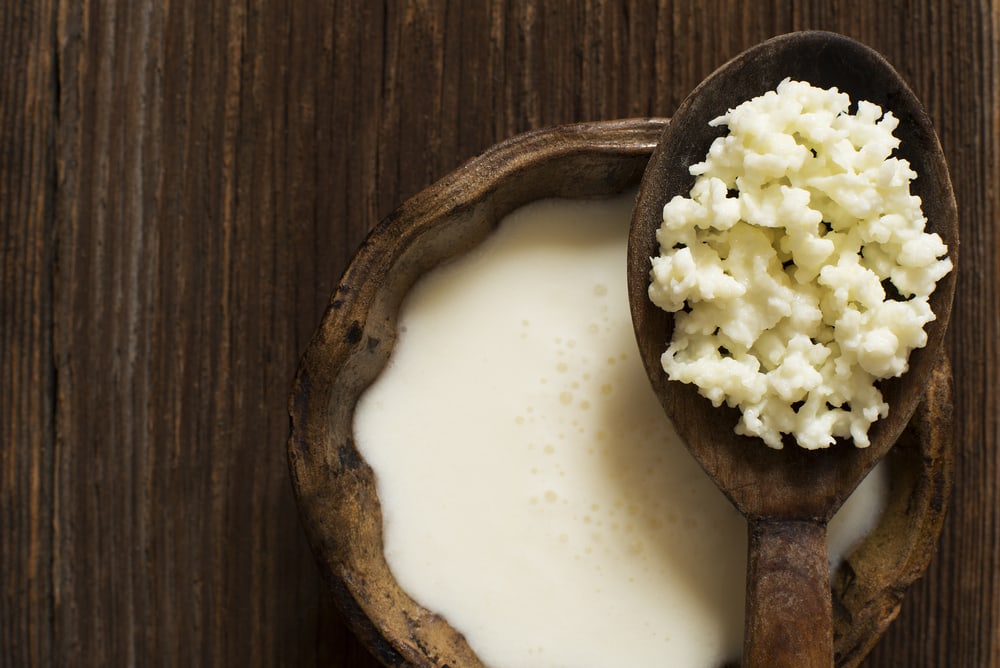Contents:
- Medical Video: Stopping / Slowing Tumor on Pet Rat
- History of treatment with rodent tuber
- Since when do rodent taro be used to treat cancer?
- Are rat taro effective for cancer drugs?
- What are the characteristics of mouse taro plants?
Medical Video: Stopping / Slowing Tumor on Pet Rat
Have you ever heard of rat taro plants? Allegedly this plant has many benefits, one of which is cancer treatment. Quoted by the Deherba website, Prof. Dr. Chris K.H. Teo, Dip Agric, which owns the Cancer Care foundation in Penang, Malaysia, has been researching the benefits of rodent tuber since 1995. Rat tuber itself is one of the plants originating from Malaysia, which is used as a cancer drug by taking extracts. In Indonesia, rat taro is well-known as one of the alternative treatment methods for cancer, and has been sold in pill form.
History of treatment with rodent tuber
Rodent tuber or typhonium flagelliforme is a genus typhonium and belong to the family arecaceae. This plant has been used for medicine carried out by Chinese physicians since time immemorial. It is known that rodent tuber contains flavonoids, tannins, terpenoids and sterols. Types of flavonoids and terpenoids, based on research, are able to become anticancer. Flavonoids also have advantages in the treatment of lung cancer.
Based on research, in China, rat taro can be used to treat problems with the throat such as coughing, phlegm and inflammation. In addition, rat taro can also be used for external treatment, such as for external wounds, skin problems such as ulcers, boils, or swelling from being bitten by insects, even helping to neutralize drugs. In the Philippines, this plant is also used to stop bleeding.
Since when do rodent taro be used to treat cancer?
Initially this plant was used to treat cancer since concerns arose about active chemical treatment or chemotherapy that can damage body tissues, although it is quite effective in killing cancer cells, this was stated in the journal "Potential Endophic Bacteria from Rodent Rat Plants as Antimicrobial Substances and Antioxidants. Herbal remedies are needed so that the side effects received when carrying out chemical treatment are not too large In addition, herbal treatments help to prevent cancer cells from spreading and do not have a toxic effect on patients.
Rat taro plants are thought to be able to inhibit the spread and growth of cancer cells. The properties of this plant are anticancer, antimicrobial and antioxidant. The purpose of the study conducted in the journal examined endophytic bacteria that grow in plant tissue. The bacteria studied will produce metabolites that are almost the same as the plants they grow. The results obtained showed that these bacteria produced high antimicrobial compounds. In addition, it is also able to inhibit the growth of pathogenic bacteria because the active compounds are produced.
Are rat taro effective for cancer drugs?
A study was conducted on three-month-old female mice. Tumor cells were transferred to mice, then an experiment was carried out. The type of rodent tuber used is syrup. It was concluded that rodent tuber was able to reduce receptors and proteins in breast cancer cells, but could not reduce the volume of breast cancer. However, in several studies it was also found that non-polar fragments of rodent tuber plants can inhibit proliferative cell growth in human lung cancer.
In rat taro plants, there is ethanol extract, this shows that 50% ethanol extract is able to inhibit breast cancer cells by 50%. With this it can be concluded that rodent tuber can indeed inhibit cancer cells, but the effectiveness of recovery is not large. Rodent tuber can only inhibit, has not been able to treat it completely. Chemical treatment is still recommended for cancer patients, but should be accompanied by consuming rodent tuber so that the side effects of the chemotherapy can be neutralized.
What are the characteristics of mouse taro plants?
Rat taro plants have green leaves and stems. Has a rather bitter taste. During its maturity, it has flowers resembling the shape of a long mouse tail. If touched by the hand, usually this plant will cause itching. In Indonesia alone, taro tuber plants spread on Java. The shape resembles a taro plant and weighs around 10-20 grams. The tuber in this plant is somewhat oval but round. Usually rodent taro is found during the rainy season, but don't expect to find it during the dry season.
READ ALSO:
- 10 Healthy Benefits of Broccoli: From Anti-Cancer to Fetal Health
- More Clear About Carcinogens, Compounds that Cause Cancer
- Natural Herbs for Overcoming Hypertension












